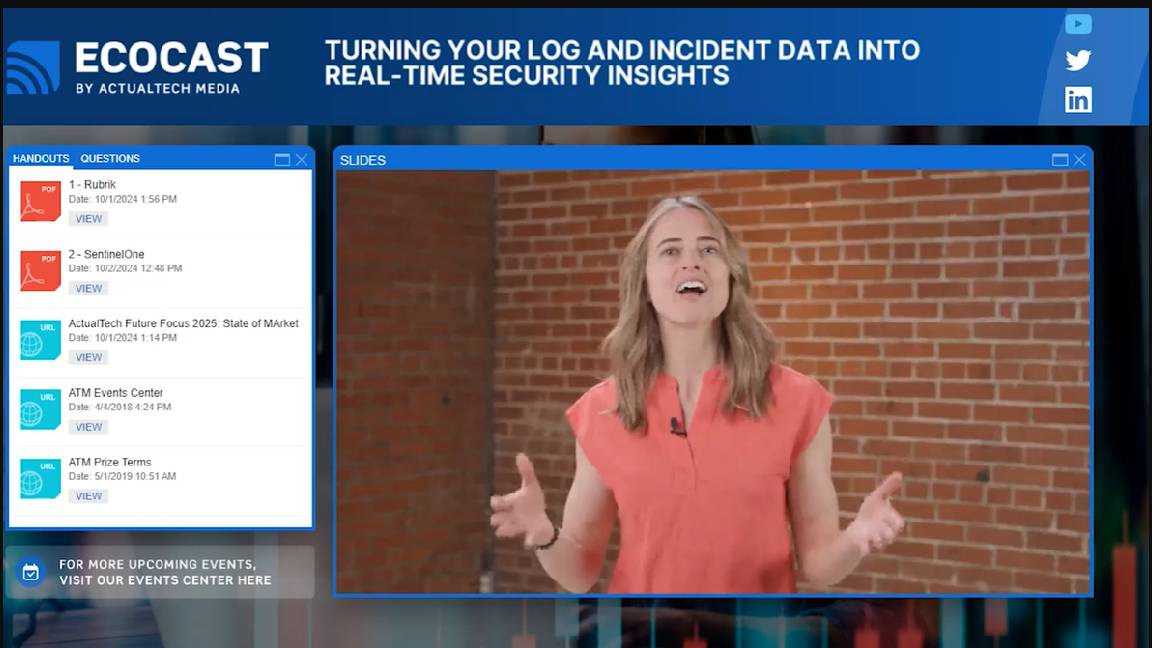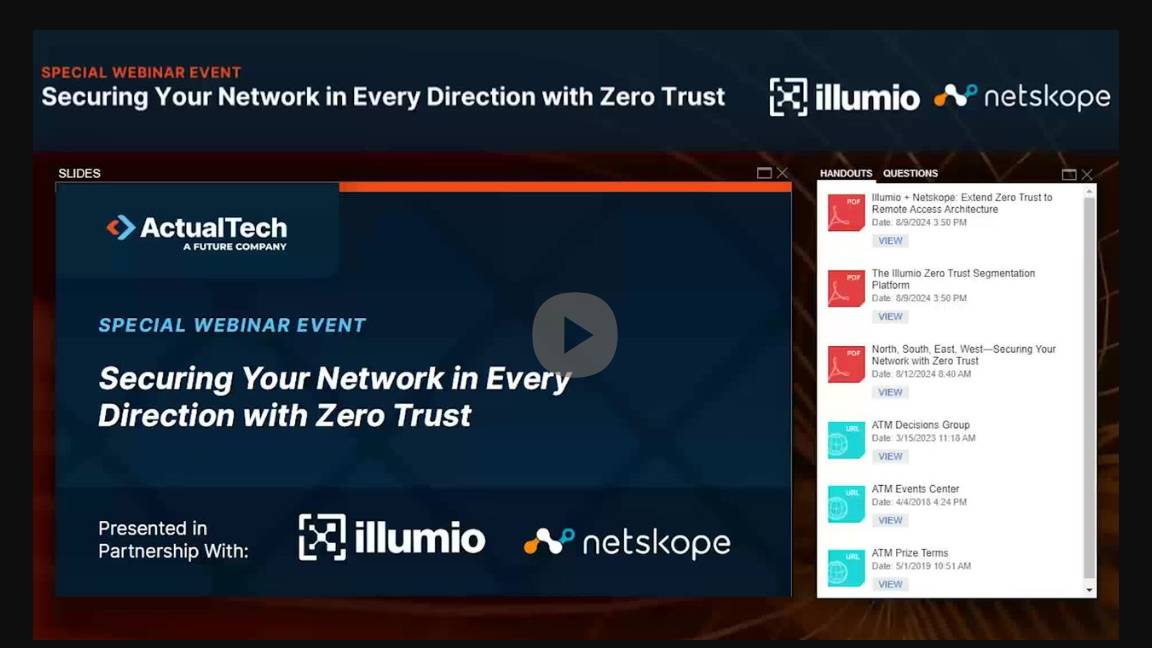Netmask flaw allows hackers to bypass server access controls
The vulnerability could leave thousands of networks open to server-side request forgery


Security researchers have discovered a bug in the networking npm library netmask that enables hackers to bypass servers’ access controls and launch server-side request forgery attacks.
According to researchers at Sick Codes, hundreds of thousands of applications use the package to parse or compare IPv4 addresses and Classless Inter-Domain Routing (CIDR) blocks.
The problem is extensive because over 278,000 GitHub repositories use the code, which users downloaded over three million times last week alone. Researchers said the flaw has existed for over nine years.
The problem stems from the way netmask handles mixed-format IP addresses. When parsing an IP address with a leading zero, node-netmask sees a different IP address due to incorrect in-place validation.
An IP address can be represented in various formats, including hexadecimal and integer, although the most common IPv4 addresses are expressed in decimal format.
For example, an IPv4 address represented in decimal format as 86.136.177.134 can be expressed in an octal format as 0126.0210.0261.0206. By prefixing the IPv4 address with a 0, pressing enter or returning will change the IP address to its decimal equivalent, 87.0.0.1, which is how most applications should handle such ambiguous IP addresses.
In the case of the netmask npm library, it’ll strip and discard any leading zeros. According to the original IETF specification, portions of an IPv4 address can be interpreted as octal if preceded by a "0" prefix.
Sign up today and you will receive a free copy of our Future Focus 2025 report - the leading guidance on AI, cybersecurity and other IT challenges as per 700+ senior executives
The researchers warned that anyone could submit an address in netmask that looks like a private IP, but it connects to a public IP to download malicious files.
“If your browser recognizes octal literals, but a NodeJS application does not, users can submit all kinds of malevolent URLs that seem internal, but really go to remote files.
On the other hand, users can ALSO submit URLs that seem public, but they’re actually very private!” said researchers.
While the vulnerability seems insignificant, if an attacker can interfere with the IP address input analyzed by the application, the problem could lead to various other attacks, from Server-Side Request Forgery (SSRF) to remote access.
RELATED RESOURCE

Remote workforce security report
Key challenges, security threats, and investment priorities of organisations during the pandemic
Researchers have reported the vulnerability to node-netmask developer Olivier Poitrey, who posted a series of fixes for the GitHub repository issue. Experts recommend netmask npm library users upgrade to version 2.0.0.
Ax Sharma, a security researcher at Sonatype, told ITPro that the vulnerability means hundreds of thousands of applications that rely on popular open source components, like this one, may not realize they could be potentially vulnerable to anti-Server-Side Request Forgery (SSRF) bypasses or remote file inclusion (RFI) should they be purely relying on netmask for parsing IP addresses, without adding their own proper input sanitization and normalization checks.
“This highlights the need for proper input hygiene and never trusting input no matter the source. In this case, for example, the fixes [1, 2] applied to netmask now take into account that IP addresses can also be provided in octal or hexadecimal formats, something users of netmask could also have implemented on their end as an extra precaution,” Sharma said.
Rene Millman is a freelance writer and broadcaster who covers cybersecurity, AI, IoT, and the cloud. He also works as a contributing analyst at GigaOm and has previously worked as an analyst for Gartner covering the infrastructure market. He has made numerous television appearances to give his views and expertise on technology trends and companies that affect and shape our lives. You can follow Rene Millman on Twitter.
-
 Microsoft unveils Maia 200 accelerator, claiming better performance per dollar than Amazon and Google
Microsoft unveils Maia 200 accelerator, claiming better performance per dollar than Amazon and GoogleNews The launch of Microsoft’s second-generation silicon solidifies its mission to scale AI workloads and directly control more of its infrastructure
-
 Infosys expands Swiss footprint with new Zurich office
Infosys expands Swiss footprint with new Zurich officeNews The firm has relocated its Swiss headquarters to support partners delivering AI-led digital transformation
-
 Turning your log and incident data into real-time security insights
Turning your log and incident data into real-time security insightsWhitepaper Integrate multiple data sources for a comprehensive security view
-
 Securing your network in every direction with zero trust
Securing your network in every direction with zero trustWhitepaper Webinar on the evolution of network security
-
 Do more with less: Optimizing servers with HPE to maximize VMware licensing
Do more with less: Optimizing servers with HPE to maximize VMware licensingWhitepaper Your trusted guide through the changes in the virtualization market
-
 The impact of generative AI on business
The impact of generative AI on businessWhitepaper Optimal and speedy GenAI computing performance
-
 Fortify your future with HPE ProLiant Servers powered by Intel
Fortify your future with HPE ProLiant Servers powered by IntelWhitepaper Enhance your security and manage your servers more effectively
-
 Getting value from generative AI
Getting value from generative AIWhitepaper Become more productive and pursue innovation
-
 The Gorilla Guide To… How HPE ProLiant Gen11 servers powered by Intel deliver trusted security
The Gorilla Guide To… How HPE ProLiant Gen11 servers powered by Intel deliver trusted securityWhitepaper How systems, software, and connections are protected
-
 Tech brief security bundle
Tech brief security bundleWhitepaper By Hewlett Packard Enterprise
